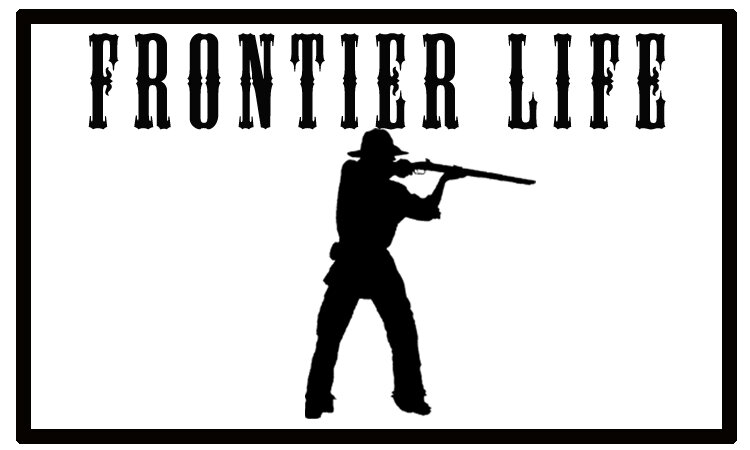Mountain Man Christmas Camp - Primary Source
This mountain man primary source describes a Christmas celebration in the wilderness.
If I asked you to imagine the life of a mountain man, what comes to mind? You might envision a handful of men riding a horse through the Rocky Mountains, wading through icy streams, hunting immense herds of buffalo, or working around camp. All of these would be accurate and true activities of the mountain men. That being said, it’s easy to forget these trappers were real-life human beings who also craved some normalcy. They lived such rustic and rough lives compared to ours we might try to imagine them as something just a little different. Once in a while though, you come across tidbits of information that reinforce the understanding they were just people like you and I, and although they lived exciting lives sometimes they just wanted to relax.
It might be common to imagine mountain men as having thrown out their calendars after ditching civilization. However, to some degree that doesn’t appear to have been true. In fact, many of the journals indicate they kept an accurate (we assume) record of each day. I’m sure some of the mountaineers didn’t care what day of the week it was, but if they were curious it seems likely someone in camp would have known. This was also true for the holidays. Somebody in the camp would have known that certain holidays were at hand and perhaps informed the camp. So, despite the fact they were over 1,000 miles from any sort of town that would have celebrated holidays and in a land of foreign cultures, they still may have felt a yearning to join in the celebration. This brings us to the mountain man Christmas camp journal entry.
The source is Warren A. Ferris’ account of trapper life titled Life in the Rocky Mountains. The year 1833 found Ferris and a companion in “the Cotenas mountains” (Kootenay) and the Thompson River. Today, this region would be found in British Columbia. He mentions he and Mr. Montour set up camp in a river valley with intentions of staying awhile. Actually, they built a log cabin simply because “we had nothing else to do.” Anyone who has spent much time in the woods will appreciate the building of something out of sheer boredom. Been there, done that.
It is at that point in the journal that Ferris breaks into his account of Christmas. The video is an audio version of the text.
Teachers might find this free PDF useful to analyze the primary source with their students.
“Christmas was passed agreeably with the family of mine host, and we were rather more sumptuously entertained than on ordinary occasions. Our "bill of fare" consisted of buffalo tongues, dry buffalo meat, fresh venison, wheat flour cakes, buffalo marrow, (for butter,) sugar, coffee, and rum, with which we drank a variety of appropriate toasts, suited to the occasion, and our enlarged and elevated sentiments, respecting universal benevolence and prosperity, while our hearts were warmed, our prejudices banished, and our affections refined, by the enlivening contents of the flowing bowl. Our bosoms glowed with the kindling emotions, peculiar to the occasion. - Remote from our kind, and the thralling, contracted opinions which communication with a cheating world are apt to engender, when our stomachs were filled with substantial viands and our souls with contentment, we were at peace with all mankind and with ourselves, and had both time and opportunity to expatiate largely on honesty, charity, and philanthropy; which we did till our goblets (tin cups) were drained of their inspiring contents, and night summoned us to repose.”
Sounds like quite a party. Compared to our modern celebrations this sounds quite different. With nothing more than good food, good drink, companionship, and time to enjoy the day, Ferris says his soul was filled with “contentment.” In a land where we spend $465 billion on Christmas GIFTS, it might be a good reminder of how you don’t need a lot of stuff to be happy. After tearing open a truckload of gifts at this year’s celebration, I wonder how many people would say they “were at peace with mankind and themselves”?
Hopefully, you can.

